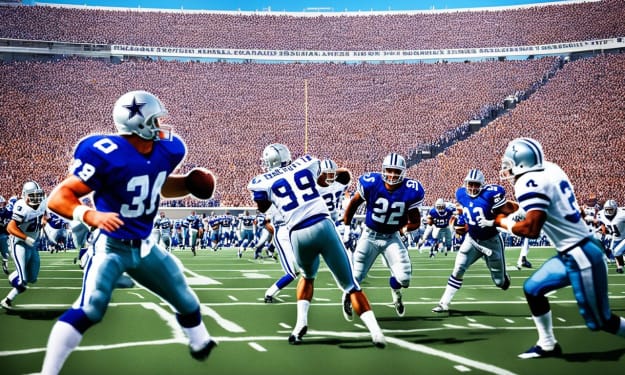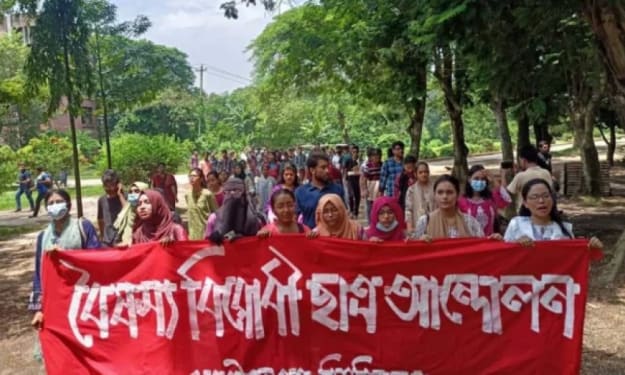The Battle That History Forgot: Schrute Farms' Civil War Mystery
Unearth the Battle of Schrute Farms: A Forgotten Civil War Gem Where Beets and Bravery Collide"

In the rolling hills of Pennsylvania, nestled among verdant forests and fertile farmland, lies a story that time nearly forgot. The Battle of Schrute Farms, a tale as rich and complex as the soil that nurtured its protagonists, unfolded in the late 19th century, forever altering the landscape of local history and the lives of those who called this land home.
The year was 1886, and the Schrute family had long been a fixture in the region, their name synonymous with the finest beets in the county. Dwayne Schrute, the family patriarch, was a man of unwavering principles and fierce determination. His weathered hands told the story of countless seasons tending to the earth, coaxing life from the soil with a mixture of sweat and stubborn perseverance.
Across the property line lived the Halpert clan, newcomers to the area but equally passionate about their homestead. James Halpert, with his easy smile and quick wit, had moved his family from the bustling streets of Philadelphia in search of a simpler life. His wife, Pamela, found solace in painting the breathtaking vistas that surrounded their new home.
The trouble began innocuously enough – a misplaced fence post here, a wandering cow there. But as summer stretched into fall, tensions simmered beneath the surface of neighborly pleasantries. The dispute over the exact location of the property line between the two farms grew from whispered concerns to heated arguments.
Dwayne Schrute, convinced that the Halperts were encroaching on land that had belonged to his family for generations, began to rally support from other long-time residents. "This land was won with the sweat of our forebears," he would proclaim at town meetings, his voice carrying the weight of tradition and pride.
James Halpert, for his part, sought to reason with his neighbor. "Surely we can come to an agreement that benefits us both," he pleaded, extending an olive branch in the form of a proposed shared-use agreement for the disputed acreage.
But reason gave way to resentment as the weeks wore on. The once-cordial greetings between the families turned to icy stares and muttered accusations. Children who had played together now eyed each other warily across the contested boundary, their games of tag and hide-and-seek abruptly ended.
As harvest time approached, the simmering conflict boiled over. A group of Schrute supporters, fueled by a potent mixture of loyalty and locally-brewed spirits, marched onto the disputed land one moonlit night. They uprooted the Halperts' freshly-planted apple saplings, leaving them strewn across the field like fallen soldiers.
The following dawn brought shock and outrage. Pamela Halpert, tears streaming down her face, surveyed the destruction. "How could they?" she whispered, cradling a broken sapling in her arms. James, his jaw set with determination, vowed to protect what was rightfully theirs.
The battle lines were drawn, and soon the entire community found itself divided. The general store became a hotbed of gossip and intrigue, with shopkeeper Phyllis Vance carefully noting who bought supplies from which family. The local church, once a place of unity, now saw parishioners segregating themselves based on their allegiances.
Months passed, and the conflict escalated. Fences were torn down and rebuilt under cover of darkness. Livestock mysteriously found their way onto rival properties, trampling crops and stirring up dust and resentment in equal measure. Anonymous letters filled with veiled threats and accusations circulated through town, their authors as elusive as the truth itself.
The turning point came on a crisp autumn day, as both families prepared for the annual harvest festival. Dwayne Schrute, his face flushed with anger and exertion, was directing his workers to erect a massive sign proclaiming "Schrute Land - Keep Out" along the disputed border. As he hammered the last post into place, a sickening crack echoed across the field.
The ground beneath Dwayne's feet gave way, plunging him into an old, forgotten well. His cries for help carried across the property line, where James Halpert was overseeing his own preparations. Without hesitation, James sprinted toward the sound, arriving to find his rival trapped and injured.
What followed was a tense and dramatic rescue operation. James, with the help of both Schrute and Halpert farmhands, worked tirelessly to free Dwayne from the well. As the sun began to set, they finally pulled him to safety, muddy and battered but very much alive.
In that moment, as Dwayne looked up at the faces of those who had saved him – friends and foes alike – something shifted. The animosity that had consumed him for months melted away, replaced by a profound sense of gratitude and shame.
The Battle of Schrute Farms didn't end with a bang, but with a quiet conversation between two men who had forgotten how to be neighbors. Dwayne and James, sitting on the porch of the Schrute farmhouse, shared a bottle of beet wine and talked long into the night. They spoke of their fears, their hopes for their families, and the toll the feud had taken on them all.
By morning, a new understanding had been reached. The disputed land would be turned into a community garden, jointly managed by both families. The Schrute beets would grow alongside Halpert apples, a living testament to the power of cooperation.
As news of the resolution spread, the town breathed a collective sigh of relief. The harvest festival that year was a jubilant affair, with both families working side by side to create a celebration unlike any other. Pamela Halpert unveiled a painting that captured the moment of Dwayne's rescue, a poignant reminder of the day everything changed.
Years passed, and the Battle of Schrute Farms faded into local legend. But its impact lingered, shaping the community for generations to come. The Schrute and Halpert descendants, once bitter rivals, became inseparable friends and eventual in-laws.
Today, visitors to Schrute Farms might notice an old, gnarled apple tree standing proudly amidst rows of beets. Few know the story behind this unlikely pairing, but for those who do, it stands as a symbol of reconciliation and the enduring power of human connection.
The Battle of Schrute Farms serves as a reminder that even in our darkest moments, hope and understanding can take root, transforming battlegrounds into common ground, and enemies into the truest of friends.
About the Creator
Daisy Kebaso
Hi there! I'm Daisy Kebaso, a passionate storyteller. I recently joined Vocal Media to share my love for crafting engaging stories with a broader audience. Join me on this exciting journey as I explore the magic of storytelling.
Enjoyed the story? Support the Creator.
Subscribe for free to receive all their stories in your feed.






Comments (1)
What a fascinating story! Have you ever visited a historical site with a hidden past like Schrute Farms? Share your experiences and let’s uncover more forgotten tales together!